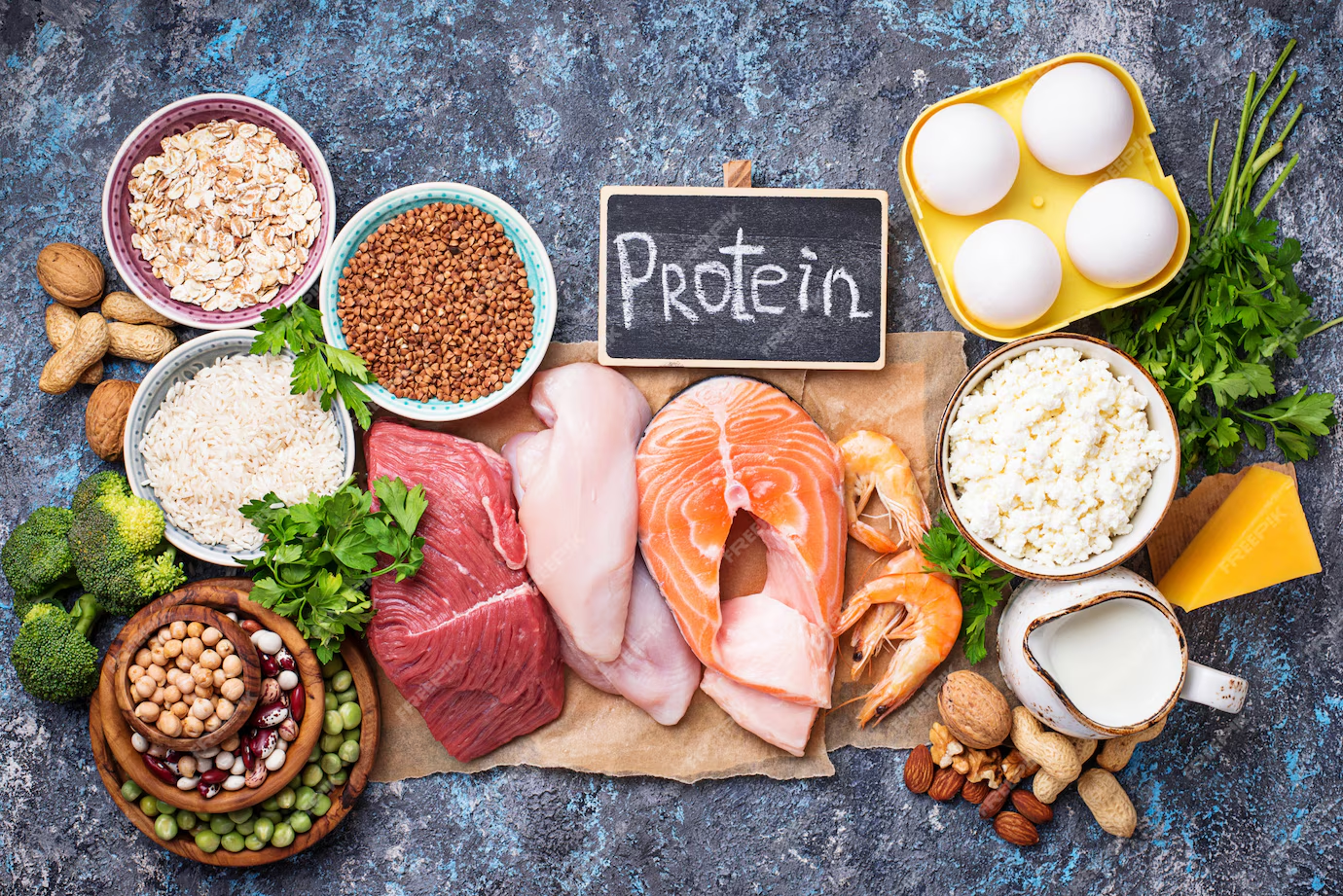Health trends come and go, but one superfood addition has stood the test of time: collagen. While flashy wellness drinks like turmeric lattes and butter-laden espressos have had their moment, collagen remains a powerful and practical supplement that blends seamlessly into a daily cup of coffee. Whether you’re looking to support your skin, hair, joints, or digestion, collagen is a simple yet effective way to enhance your wellness routine.
What is Collagen, and Why Does It Matter?
Collagen is the most abundant protein in the body, acting as a structural component for skin, muscles, bones, joints, nails, and even gut lining. Think of it as the “glue” that holds everything together. However, as we age, collagen production naturally declines, leading to signs of aging such as wrinkles, joint discomfort, and weaker hair and nails. This is where supplementation can help.
The Benefits of Collagen in Coffee
Mixing collagen into coffee provides several key health benefits, making it a convenient and effective way to support overall well-being.
1. Supports Skin Elasticity and Hydration
One of the biggest benefits of collagen is its ability to promote youthful, glowing skin. Collagen is a key structural component of the skin, helping to maintain firmness, elasticity, and hydration. Research suggests that collagen supplementation can reduce the appearance of fine lines and wrinkles while enhancing skin moisture levels.
For those in perimenopause or menopause, when estrogen declines, collagen can provide extra support for maintaining skin structure and minimizing sagging.
2. Strengthens Hair and Nails
If you struggle with brittle nails or thinning hair, adding collagen to your diet may help. Collagen is rich in amino acids like proline and glycine, which play a crucial role in hair follicle strength and nail growth. Regular consumption can lead to thicker, stronger hair and nails that are less prone to breakage.
3. Supports Joint and Muscle Health
Collagen is essential for maintaining joint flexibility and muscle recovery. As we age or engage in intense physical activity, our joints can become more prone to stiffness and discomfort. Studies have shown that collagen supplementation can help reduce joint pain and improve overall mobility. Additionally, collagen provides amino acids that support muscle repair, making it a great post-workout recovery aid.
4. Aids Digestion and Gut Health
Collagen plays a role in maintaining the integrity of the gut lining, which is essential for digestion and overall gut health. It contains glutamine, an amino acid that helps support the gut barrier and may assist those dealing with digestive issues such as leaky gut or irritable bowel syndrome (IBS).
5. Reduces Caffeine-Induced Jitters
One lesser-known benefit of adding collagen to coffee is its ability to help balance the stimulating effects of caffeine. Some nutritionists suggest that collagen’s protein content can slow the absorption of caffeine, leading to a more steady energy release rather than an abrupt spike and crash.
Does Collagen in Coffee Have a Taste?
If you’re worried about altering the flavor of your morning coffee, don’t be. Unflavored collagen is tasteless and dissolves easily, meaning it won’t affect the aroma or richness of your brew. However, it’s important to stir or blend it well to avoid clumping.
Does Collagen Count as Protein?
While collagen is a protein, it’s different from traditional protein sources like meat, eggs, or legumes. Unlike complete proteins, collagen lacks some essential amino acids necessary for muscle synthesis. Instead, collagen is best seen as a functional protein that supports skin, joints, and gut health rather than muscle-building.
How to Choose a High-Quality Collagen Powder

Not all collagen supplements are created equal. To ensure you’re getting the best product, look for these key indicators:
- Hydrolyzed collagen (collagen peptides) – This form is broken down into smaller amino acids for better absorption.
- Grass-fed and pasture-raised (for bovine collagen) – Ensures quality and reduces exposure to hormones or antibiotics.
- Sustainably sourced marine collagen – A great option for pescatarians, derived from wild-caught fish.
- No artificial additives or fillers – Pure collagen without unnecessary ingredients is the best choice.
For those following a vegan diet, plant-based collagen boosters exist, though they don’t provide actual collagen. Instead, they contain nutrients like vitamin C, zinc, and amino acids that stimulate natural collagen production.
How to Add Collagen to Your Coffee Routine
Incorporating collagen into your morning coffee is simple:
- Add 1-2 scoops of collagen powder to your brewed coffee.
- Stir thoroughly, or use a milk frother for a smooth, clump-free texture.
- Enhance your coffee with healthy additions like cinnamon, vanilla, or a splash of almond milk.
- Enjoy the benefits with every sip!
Final Thoughts
Collagen is more than just a wellness trend—it’s a science-backed supplement with benefits that extend from skin and hair to joints and digestion. By adding a scoop to your daily coffee, you can support your body’s natural collagen production and promote overall health in an effortless way.
So, if you’re looking for a simple yet effective addition to your routine, collagen coffee might just be the upgrade you need.


